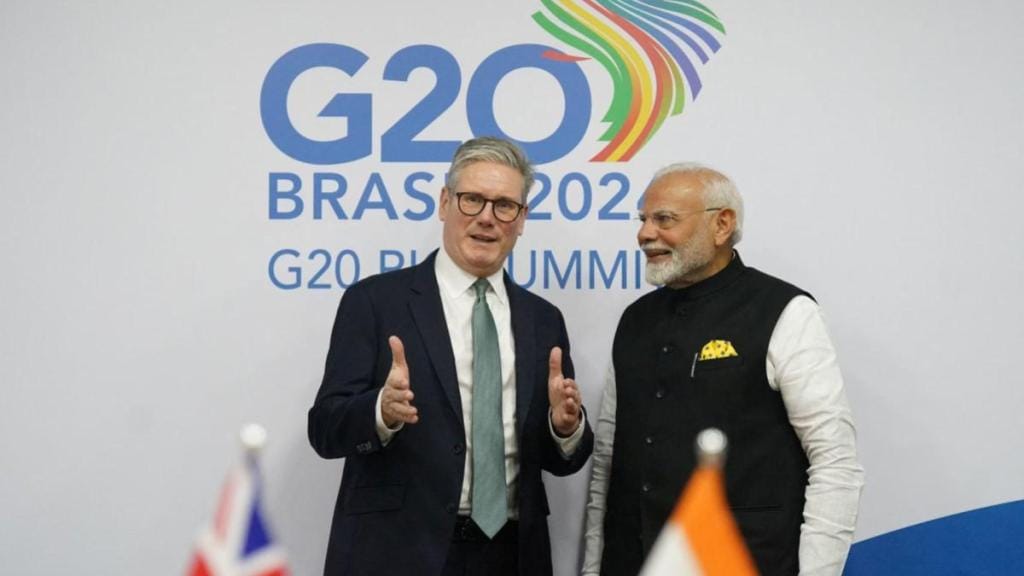The Free Trade Agreement (FTA) concluded with the UK opens up India’s large government procurement market to British suppliers.
The suppliers in the UK will now be able to participate in government procurement tenders of over Rs 200 crore as class 2 suppliers, an official said. The UK suppliers, however, will be excluded from participating in the state and local government-level contracts. Sensitive sectors would also be barred for the suppliers in the UK. Government contracts up to Rs 200 crore will, however, are not open to foreign bidders.
Through the Public Procurement (preference to Make in India) Order 2017 the suppliers have been categorised in three classes 1, 2 and 3. The class 2 supplier is the one whose local content in a product is between 20% and 50%. The Class 1 supplier with local content of over 50% has preference in government procurement. Other two classes follow in order of preference.
“Allowing UK firms to compete on near-equal terms could crowd out Indian Micro Small and Medium Enterprises (MSMEs), which depend heavily on protected access to government contracts. It also dilutes one of India’s last remaining industrial policy tools—government procurement preferences—used to promote domestic manufacturing, innovation, and jobs,” founder of trade policy think tank Global Trade Research Initiative Ajay Srivastava said.
While UK companies gain broad access to India’s procurement system, Indian firms remain largely excluded from the UK’s closed and highly competitive government procurement market. With little reciprocal benefit, this sets a dangerous precedent for future FTAs and weakens India’s leverage to defend domestic interests, he said.
India’s government procurement (GP) market is one of the largest in the world—estimated at nearly $600 billion annually, or approximately 15% of GDP. It is a critical industrial policy instrument, used to promote local manufacturing, build MSME capacity, and advance national programs like ‘Make in India’ and ‘Atmanirbhar Bharat’.
Allowing foreign firms to compete on equal footing within India weakens the policy tools India needs to build local capacity in vital areas like defense, renewables, health systems, and infrastructure. It also threatens the ecosystem of MSMEs that rely on protected access to government contracts to stay viable, the GTRI said adding that the government must approach the implementation of the government procurement chapter in the FTA with extreme caution.. .
This is the second trade agreement where India has offered the central government procurement market to a foreign partners. The first such concession was given in the Comprehensive Economic Partnership Agreement (CEPA) with the UAE.


